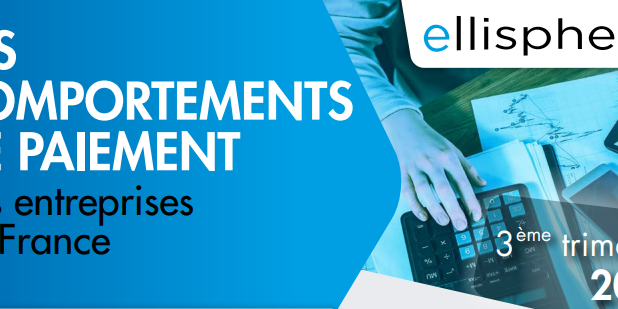Credit manager and decision, choose among several possible tracks
For the credit manager, the action of making a decision is an intellectual process that involves various factors:
- Process information from internal and/or external data,
- Analyze the latter according to their quality (relevance, freshness, availability and veracity).
Getting the right information is a real challenge (internet, data...). However, it is an essential condition for risk management, because relevant and decisive information, by nature, does not exist. The decision involves rational processes, but also more complex skills than reasoning.
To remove uncertainties, it takes into account arguments or facts that are more or less objective depending on the nature of the decision-maker. The decision also puts forward its technical competence. In concrete terms, it finds explanatory clues to evaluate the foreseeable or probable consequences of the decision.
Moreover, the limits of this are drawn on the one hand, by the perception of clear signals, and on the other hand, by the speed of the action. This leaves little time for deliberation in the discernment of eventualities or potential alternatives. This is why decision-making is a risk.
The complex environment of the decision
Making a decision depends on several factors. The nature of the context, the sources of pressure and the professional frame of reference of the company, but also of the decision-maker are elements to be taken into account.
- A context influenced by the organization's culture: the collective beliefs in force and the relationships between the players (customers, buyers, financiers, partners, etc.).
- Sources of pressure are concentrated around authority: nature of responsibility, role, group and time.
- A frame of reference for the company and the decision-maker made up of beliefs and prejudices about a collective vision of reality.
Thus, the credit manager has several missions: to analyze the information at his disposal, to draw on his experience, to weigh the pros and cons, but also to exchange and share with his peers. In the end, he will learn from them to help him choose the least bad option.
Sometimes it is necessary to share the decision with other members of the company. The sales team, the financial department or the management team all have a role to play in refining the decision. These formal or informal exchanges allow him to be creative in the face of uncertainty and to establish a so-called "rational" position.
There are of course additional methods, techniques and tools to facilitate decision making. However, they will not replace the human being when it comes to making a choice.



